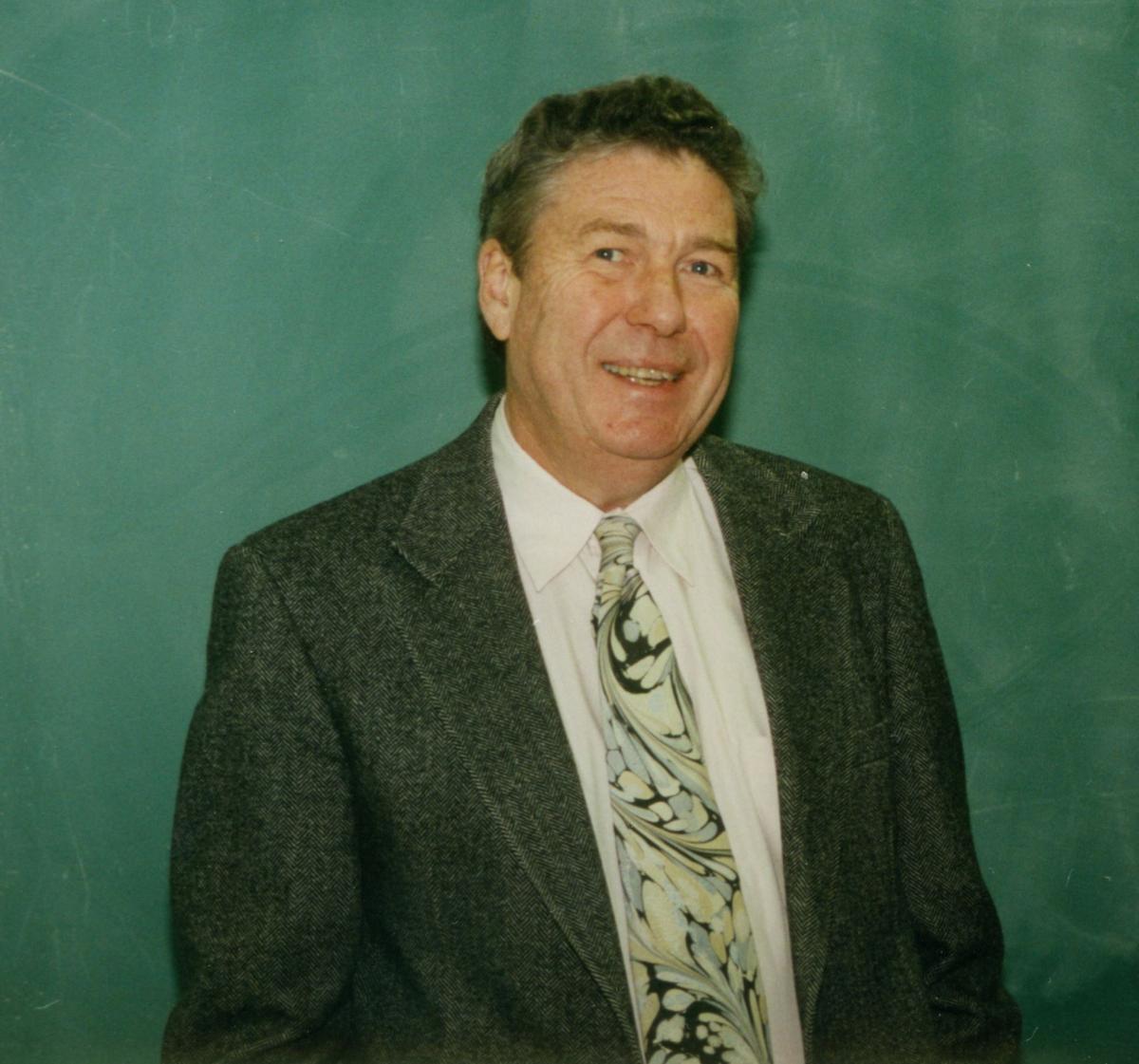 The distinguished paleoanthropologist Alan Walker died on November 20, 2017, at the age of 79, according to a November 21, 2017, Facebook post from his wife Pat Shipman. A specialist in primate and human evolution, concentrating mainly on the Neogene record from East Africa, Walker was a member of Richard Leakey's team responsible for the discovery of Turkana (or Nariokotome) Boy in 1984 and the discoverer of the so-called Black Skull of Paranthropus aethiopicus in 1985. His publications included two popular books coauthored with Pat Shipman: The Wisdom of Bones: In Search of Human Origins (1996) and The Ape in the Tree: An Intellectual and Natural History of Proconsul (2005).
The distinguished paleoanthropologist Alan Walker died on November 20, 2017, at the age of 79, according to a November 21, 2017, Facebook post from his wife Pat Shipman. A specialist in primate and human evolution, concentrating mainly on the Neogene record from East Africa, Walker was a member of Richard Leakey's team responsible for the discovery of Turkana (or Nariokotome) Boy in 1984 and the discoverer of the so-called Black Skull of Paranthropus aethiopicus in 1985. His publications included two popular books coauthored with Pat Shipman: The Wisdom of Bones: In Search of Human Origins (1996) and The Ape in the Tree: An Intellectual and Natural History of Proconsul (2005).
As a leading paleoanthropologist, Walker is frequently quoted and misquoted by creationists seeking to portray any evidence of disagreement among paleoanthropologists as a confession of scientific bankruptcy. He is often quoted from a 1984 article in the Washington Post as saying, of Turkana Boy, "I'm not sure whether the average pathologist would notice any differences from a modern human," although creationists often fail to note that he was excluding the skull from his assessment and typically fail to discuss the later scientific literature examining the anatomical differences between Homo erectus and Homo sapiens. While Walker seems not to have bothered to engage with such misrepresentations of his work in print, it is clear that he did not have any time for creationism. In The Wisdom of Bones, he and Shipman emphasized, "We are first and foremost mammals and have to operate under the same biological, physiological, and biochemical rules as any other mammal. There was no special creation for humans, and there are no special exemptions from the constraints of anatomy." He was also a member of NCSE.
Walker was born in Leicester, England, on August 23, 1938. He earned his undergraduate degree in the natural sciences from Cambridge University in 1962 and his Ph.D. in Anatomy and Palaeontology from the University of London in 1967. During his career he taught in a variety of institutions in Britain, Africa, and the United States, ending his career at the Pennsylvania State University. His honors included a "genius" grant from the John D. and Catherine T. MacArthur Foundation, the Charles R. Darwin Lifetime Achievement Award from the American Association of Physical Anthropologists, and an honorary D.Sc. from the University of Chicago. He was a member of the National Academy of Sciences.
